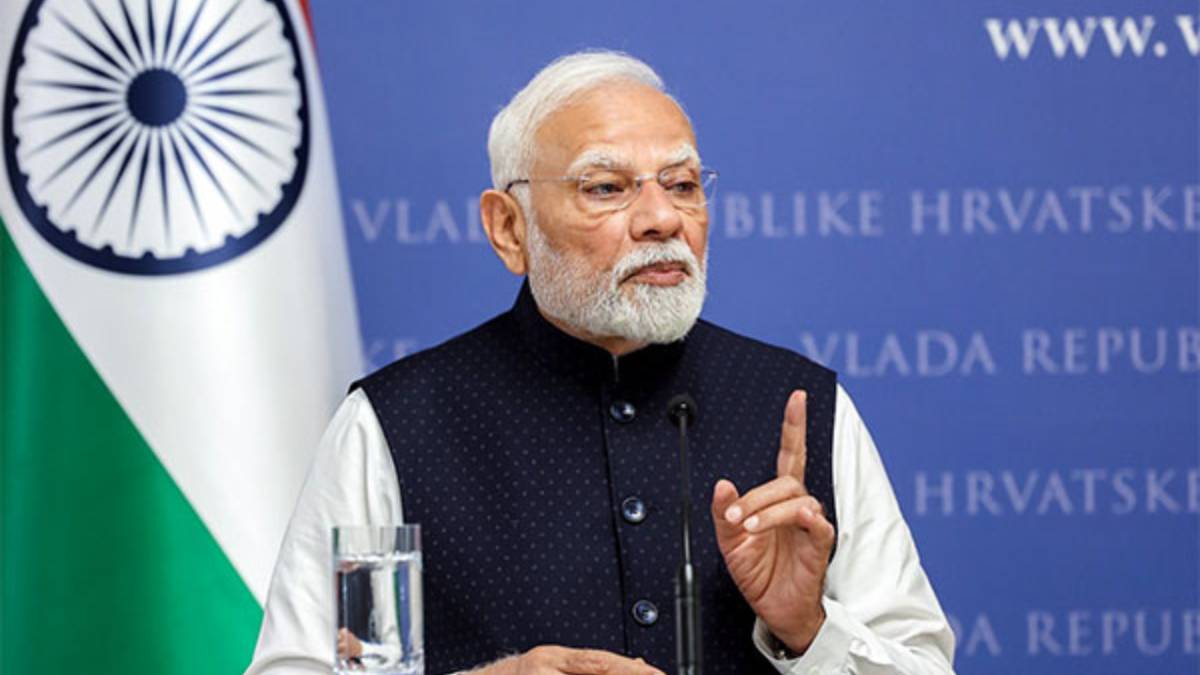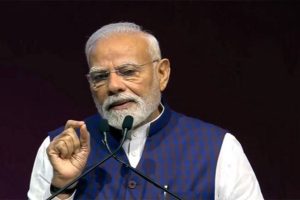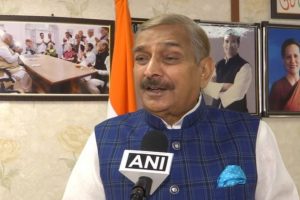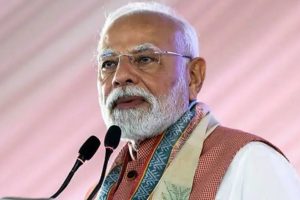India’s foreign policy has entered a new era of strategic depth and global ambition, as its relations with major powers continue to evolve with purpose and pragmatism. Driven by a commitment to strategic autonomy and multilateral engagement, India has built robust, future-focused partnerships across defence, trade, and technology, solidifying its position as a global force.
Over the past 11 years, India’s global engagements—with the United States, Russia, France, the UK, the EU, and West Asian nations—have matured significantly. These ties reflect a conscious effort to align national interests with global stability, innovation, and sustainable development.
India’s relationship with the United States has transformed into a high-trust, comprehensive strategic alliance. Initiatives such as US-India COMPACT and Mission 500 aim to double bilateral trade to USD 500 billion by 2030. The two countries are also moving toward a comprehensive trade agreement by late 2025. Defence cooperation continues to flourish with platforms like Apache helicopters, C-130J aircraft, and MQ-9B drones bolstering India’s military capabilities.
With Russia, India’s partnership remains strong and time-tested. Defence collaboration now includes joint production of strategic equipment like the S-400 missile system, T-90 tanks, Su-30 MKI jets, and BrahMos missiles. The first-ever 2+2 Dialogue in 2021 marked a milestone in structured bilateral engagement.
India and France continue to deepen cooperation under the Horizon 2047 Roadmap, focusing on security, climate, and innovation. The induction of 36 Rafale jets into the Indian Air Force and frequent high-level visits, including PM Modi’s Guest of Honour status at France’s National Day in 2023, underline the strategic trust.
India’s ties with the United Kingdom have been boosted by the India-UK Free Trade Agreement (FTA) and key initiatives in technology and infrastructure financing. Meanwhile, India and the European Union have expanded cooperation through the Trade and Technology Council (TTC)—India’s first such platform, underscoring its growing tech and trade influence.
India’s relations with West Asia have broadened significantly. With Saudi Arabia, the Strategic Partnership Council co-chaired by PM Modi and Crown Prince Mohammed bin Salman led to major defence and investment dialogues. In the UAE, the Comprehensive Economic Partnership Agreement (CEPA) has boosted trade and regional engagement through forums like BRICS and I2U2. India’s ties with Qatar have seen strong investment commitments, with a USD 10 billion pledge during Emir Tamim bin Hamad Al-Thani’s visit and the introduction of India’s UPI system in Qatari retail.
India’s evolving diplomatic landscape also includes significant multilateral engagements, such as the IMEC Corridor, the Global Biofuels Alliance, and the International Solar Alliance—underscoring India’s leadership on climate, energy, and sustainable development.
Through bold diplomacy and inclusive global engagement, India has balanced strategic autonomy with deep collaboration. Its ability to simultaneously advance national interests while contributing to global solutions marks the arrival of a confident and influential global power.
From defence production and technology innovation to humanitarian leadership and economic diplomacy, India is shaping a balanced world order rooted in sovereignty, self-reliance, and sustainable growth.





